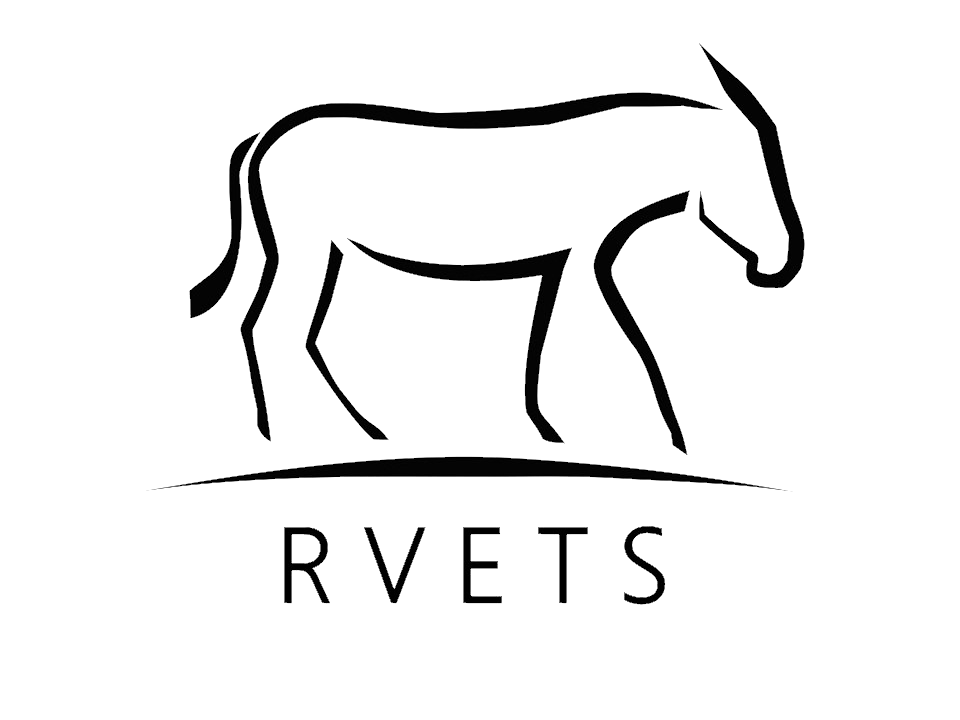Rural veterinary Experience Teaching and Service
Established in 2010
by Eric and Cindy Davis
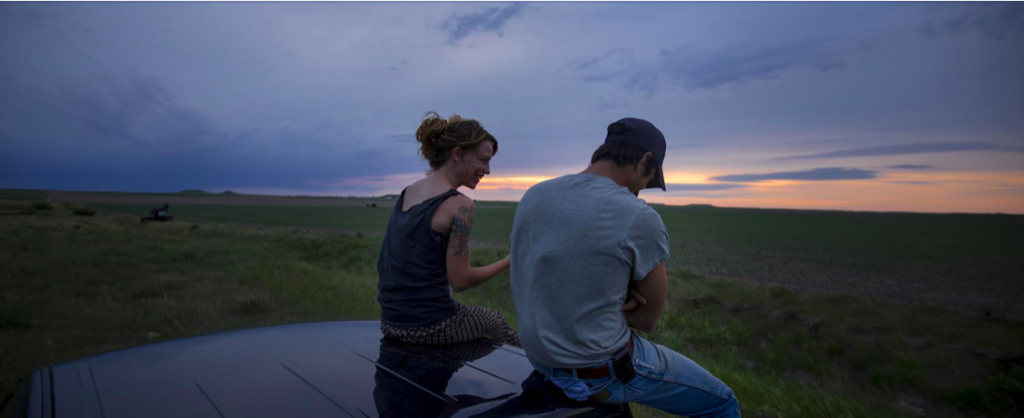
The RVETS mission is to promote quality and affordable veterinary care in underserved rural areas in the USA and abroad, by providing veterinary students with practical experience and training in the medicine and surgery of horses and other animals. Further, in exposing students to the needs of these communities we encourage future veterinarians to choose rural service as a career.
We believe that all animals deserve access to high quality and affordable health care. We operate annual outreach clinics to rural communities in Nicaragua, Mexico and the USA. Through training, education, and partnerships with local organizations, we hope to develop sustainable access to veterinary medicine in the communities that we serve. Our goal is to provide each patient with safe, humane and high-quality medicine, while providing valuable experience and training to both volunteers and community members. Working equids around the world suffer from common ailments such as dental disease, saddle sores, parasites, overpopulation, and lameness. RVETS works to provide relief from these conditions.
Rural Veterinary Experience, Teaching and Service (RVETS) is a 501c-3 non profit organization. We operate entirely on donations from people who believe in what we do and who, like us, think that this work is important.
Thank you for supporing our cause.
RVETS Founder
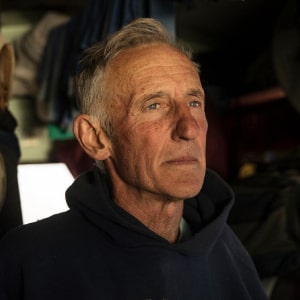
Eric Davis, DVM, MS, DACVS, DACVIM
Founder
Dr. Eric Davis graduated from the University of California School of Veterinary Medicine in 1977, paying his tuition from his work as a farrier. Eric is board-certified in both equine surgery and equine internal medicine. His experience beyond academia includes private and specialty practice, as well as veterinary aid programs and disaster relief work. During his time as a faculty member at the University of Tennessee, Eric started Remote Area Medical Veterinary Services in 1996 to provide veterinary care on Indian Reservations, rural eastern Tennessee, and northern Guatemala. From its conception, this program was very popular with veterinary students and eventually developed into RAVS (Rural Area Veterinary Services), with projects in 14 states and 6 Latin American countries, treating thousands of dogs, cats, horses, mules, donkeys, and other animals every year. In 2010, Eric and his wife Cindy shifted their focus to treat equine populations in underserved rural communities, starting Rural Veterinary Experience Teaching and Service (RVETS), with yearly clinics in Mexico, Nicaragua and rural parts of the USA. Dr. Davis recently retired from his position as associate veterinarian at University of California, Davis School of Veterinary Medicine, where he worked with the International Animal Welfare Training Institute and the Veterinary Emergency Response Team (VERT). Although he and his wife are no longer able to participate in the RVETS clinics that they once lived for, they still support the program from home and mentor veterinary professionals all over the country and the world. They continue to be dedicated to training students in rural veterinary practice and tackling world equine health problems.
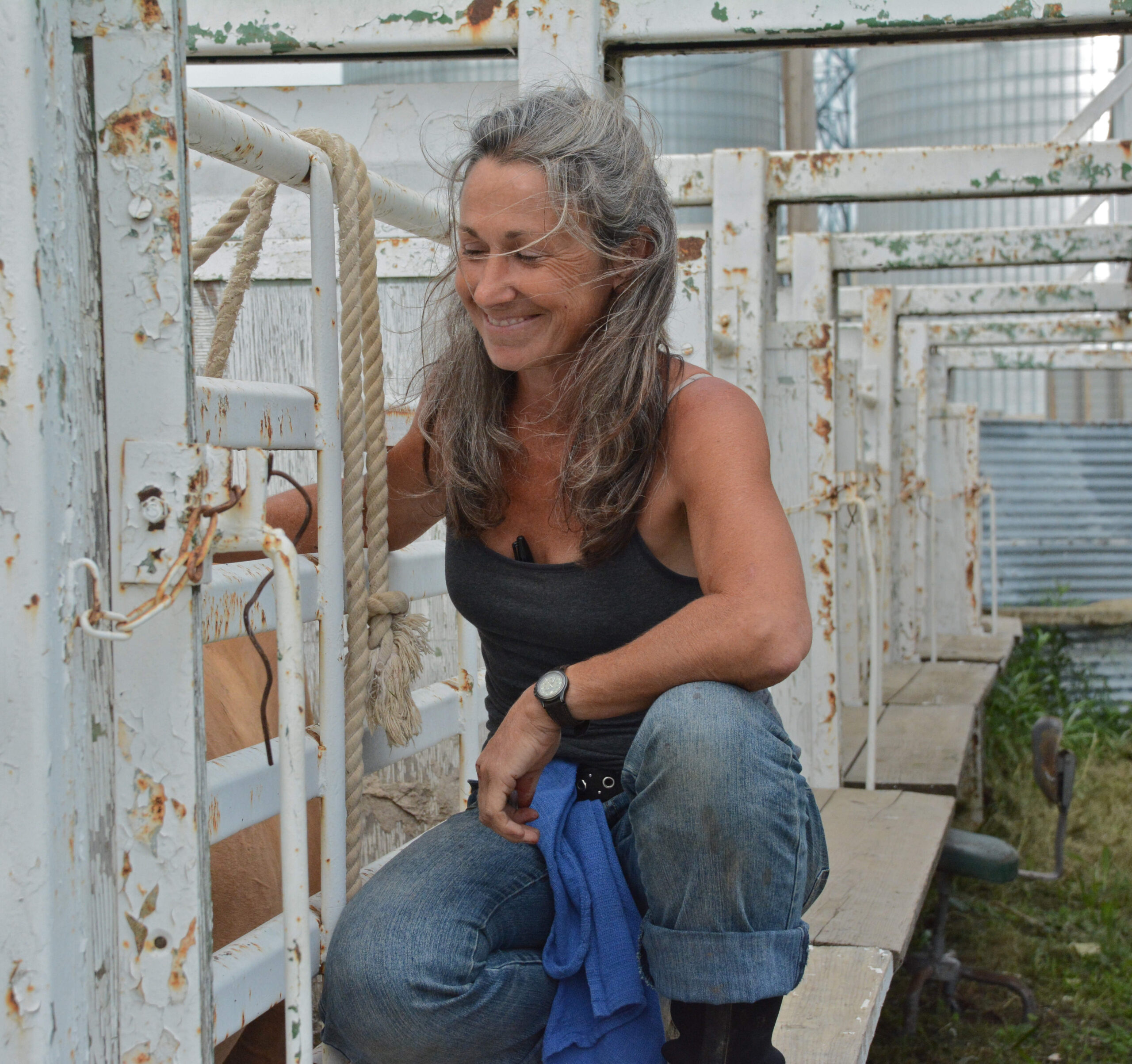
Cindy Davis, RVT
Founder
Cindy Davis has spent almost 30 years working with horses as a surgical assistant, field anesthetist, veterinary nurse and animal disaster responder. She has held positions at the Veterinary Medical Teaching Hospital at UC Davis, referral practices, thoroughbred farms, and in veterinary aid programs. She has taught hundreds of students the basics of equine veterinary care, including horse handling, bandaging, catheter placement and field anesthesia. Her superior horse handling skills and her extraordinary finesse in anesthetizing untrained and nervous range horses is unmatched and has made her an essential element in safely delivering quality health care to underserved equine populations. Since she began working with the RAVS program in 2003, and since co-founding RVETS (Rural Veterinary Experience, Teaching and Service) in 2010, she has anesthetized over six thousand horses in all sorts of field situations. As part of her position with RAVS and RVETS, Cindy has developed and published detailed procedures and an extensive instructional curriculum that is required of all volunteers who participate in equine programs. Cindy has been the major organizing force behind the numerous yearly RVETS service trips, and in her position as program coordinator, technician and anesthetist, she has helped to lead groups of volunteers in Mexico, Nicaragua and on Indian Reservations of the Dakotas.
RVETS Team
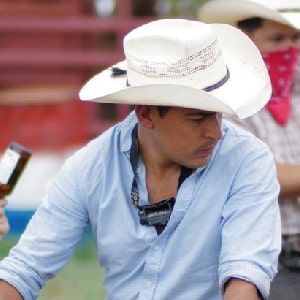
Victor Urbiola, MVZ
Director RVETS Mexico
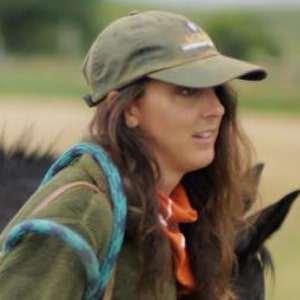
Jamie White, DVM, PhD
Director RVETS USA
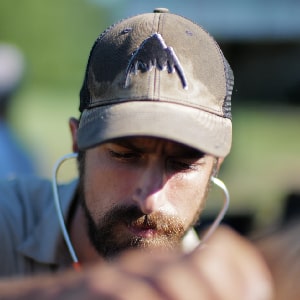
Tarek Isham, DVM
Director RVETS USA
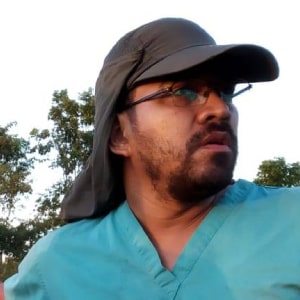
Jasson Figueroa, MV
Director RVETS Nicaragua
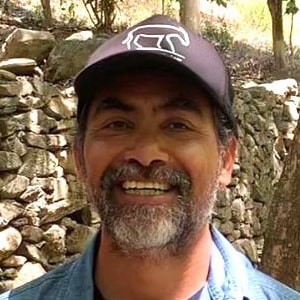
José Estrada, MVZ
RVETS Mexico Logistics Chief
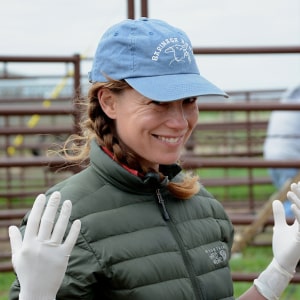
Andria Lessler, DVM
RVETS Veterinarian
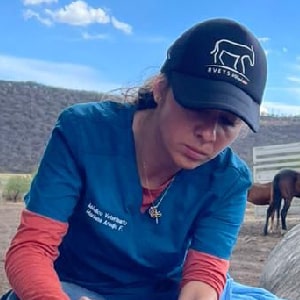
Mariana Araujo, MVZ
RVETS Veterinarian
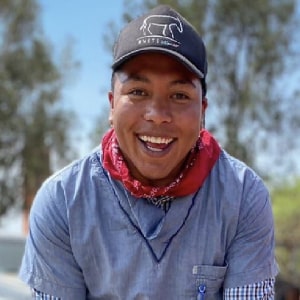
Angel Estrada, MVZ
RVETS Veterinarian
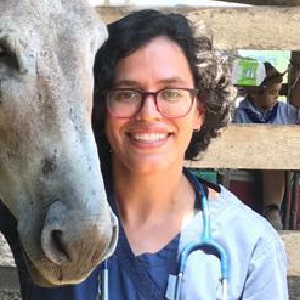
Diana Arguello, MV
RVETS Veterinarian
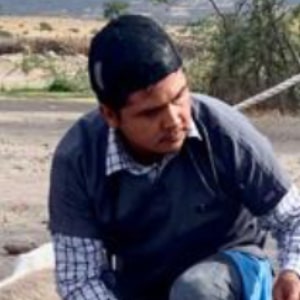
Rafael Chávez, MVZ
RVETS Veterinarian
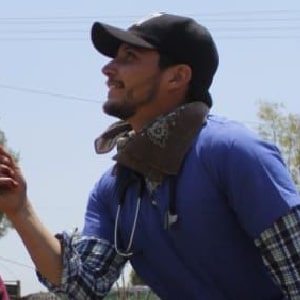
Daniel Conejo, MVZ
RVETS Veterinarian
Mission
The RVETS mission is to promote quality and affordable veterinary care in underserved rural areas in the USA and abroad, by providing veterinary students with practical experience and training in the medicine and surgery of horses and other animals. Further, in exposing students to the needs of these communities we encourage future veterinarians to choose rural service as a career.
Vision
Our vision is to increase access to veterinary medicine in rural communities, through both direct service and training. We aim to find those animals, often in remote corners of the globe, that are not receiving the veterinary care that they deserve and to provide them with treatment and their community members with resources to continue their care.
Values
- All animals deserve high quality health care.
- Communities require affordable and accessible veterinary medicine to be healthful.
- Partnerships with local organizers are essential to achieve these goals.
